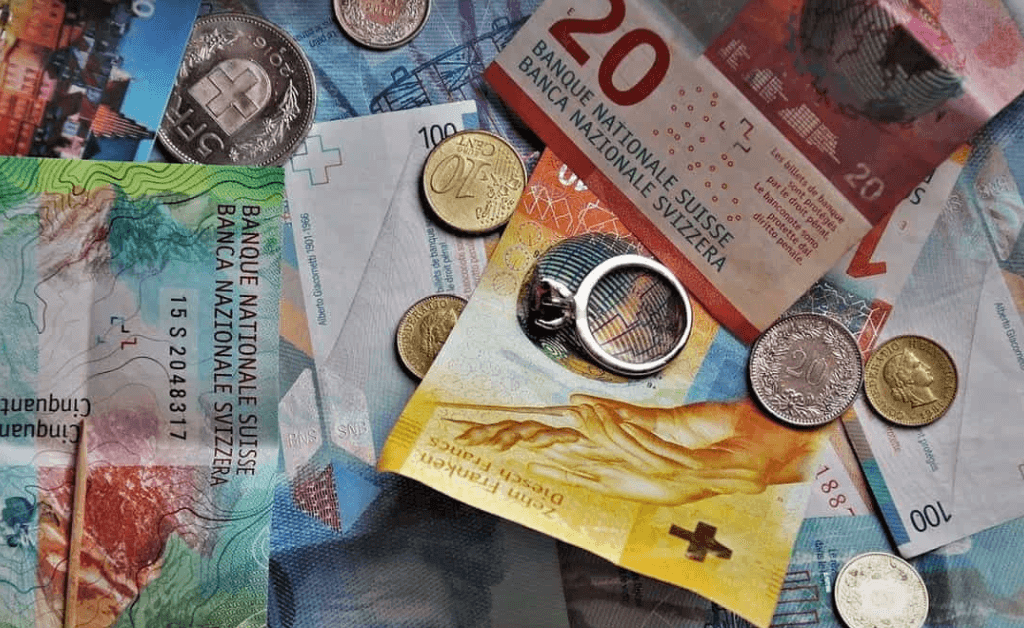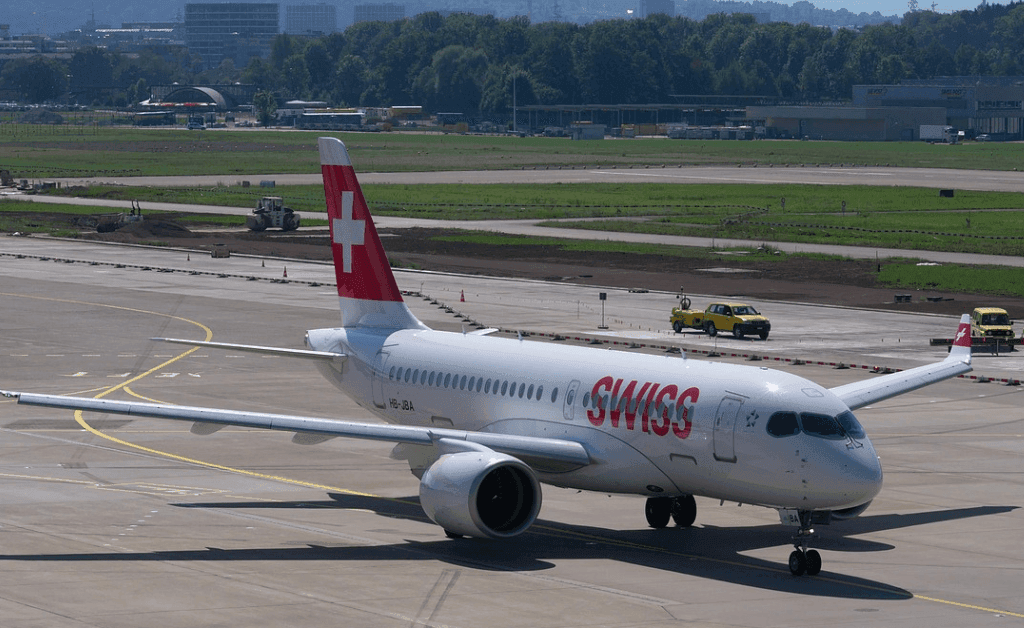Switzerland often ranks among the most expensive destinations in Europe, yet with the right strategies and planning, you can experience its alpine beauty and cosmopolitan cities without blowing your budget. By focusing on off-peak travel, budget accommodation, smart transport passes, and self-catering, you can stretch every franc further while enjoying classic Swiss highlights. This guide will walk you through the most effective tactics — from timing your trip to choosing the right passes and meals – so you can plan a memorable, wallet-friendly Swiss adventure.
Why Switzerland Can Be Affordable
Switzerland’s reputation for high prices comes from strong wages and a high cost of living, which translate into steep hotel rates, restaurant bills, and transport fares. However, many of the country’s best attractions — such as hiking in the Alps, strolling lakeside promenades, and exploring historic villages — are free or very low cost. By leveraging free outdoor activities and local travel hacks, you can access iconic sites without overspending.
Best Times to Visit
Shoulder Seasons
Traveling during the shoulder seasons (late spring: April–June; autumn: September–October) avoids the peak crowds and high rates of summer and winter. Flights and accommodations can be up to 40% cheaper compared to the high season.
Midweek Stays
Weekday hotel rates often drop compared to weekends — aim for Tuesday–Thursday nights in cities like Zurich or Lucerne. Many hostels and guesthouses offer discounted midweek rates that can save you CHF 15–30 per night.
Transportation Hacks
Swiss Travel Pass Alternatives
The Swiss Travel Pass grants unlimited train, bus, and boat travel but can be pricey if you only cover a few regions. Instead, consider:
- Regional Passes (e.g., Tell-Pass around Lucerne) for CHF 100–150, covering local trains and mountain excursions.
- Saver Day Passes: Book early online to snag up to 50% off on specific dates.
- BlaBlaCar Ridesharing: Join locals driving between cities for as little as CHF 20, often faster than trains.
For easy booking of regional and saver day passes, and to compare train and bus options across Switzerland, you can check here:
Airport Transfers
For a budget-friendly transfer from Zurich Airport to downtown Zurich, opt for the train (S-Bahn) for CHF 6.80 or Tram Line 10 for the same fare, both taking 10 – 15 and 35 minutes respectively. Taxis cost approximately CHF 60 – 70 for the 10 – 20 minute ride, while rideshare services like Uber range from CHF 30 – 40.
Key Details Confirmed by Sources:
- Train (S-Bahn): CHF 6.80 for a 10 – 15 minute ride to Zurich HB
- Tram: CHF 6.80 for a 35-minute scenic ride
- Taxi: CHF 45 – 70, with most sources citing ~CHF 60 as the average
- Uber: CHF 30 – 40, cheaper than taxis but similarly timed
The Zürich Card covers free public transport, including airport transfers, and may be cost-effective for tourists planning multiple trips!
Budget Accommodation
Hostels and Guesthouses
Switzerland has quality hostels where dorm beds range CHF 25–40 per night and private rooms CHF 80–100 — far below hotel prices. Booking platforms often feature free-cancellation deals.
Couchsurfing & Home Stays
Stay with local hosts for free via Couchsurfing to save on lodging and gain insider tips. Send requests early — popular cities see high demand.
Kitchen Facilities
Choose stays with kitchens (hostels or Airbnb) so you can cook breakfast and light dinners, cutting food costs by up to 60%.
Eating on a Dime
Supermarket Gourmet
Swiss supermarkets (Coop, Migros) offer fresh sandwiches, salads, pre-cooked meals, and bakery items at 50–60% below restaurant prices. Shopping just before closing nets up to 50% markdown on perishables.
Picnics & Tap Water
Pack picnic supplies (cheese, bread, fruit) and dine lakeside or on a mountain meadow — tap water is safe and free everywhere.
Avoid Alcohol
Beer and wine can cost CHF 8 – 15 a glass; limit consumption or enjoy free happy-hour offers in hostels.
Free and Low-Cost Activities
- Hiking & Biking: Trails through the Alps and around lakes are free.
- City Free Walking Tours: Most major Swiss cities offer tip-based tours covering historic districts and cultural highlights.
- Museums: Many municipal museums have free entry on one weekday per month.
- Scenic Train Windows: Ride regional trains (e.g., Bern–Interlaken) on Saver Day Passes for panoramic views without deluxe panoramic train fares.
Sample 7-Day Budget Itinerary
| Day | Base | Activities | Approx. Cost (CHF) |
|---|---|---|---|
| 1 | Zurich | Free walking tour; Kunsthaus Zurich (free Mon) | 0–20 |
| 2 | Lucerne | Chapel Bridge; lakeside picnic | 10 |
| 3 | Interlaken | Harder Kulm hike; self-catered dinner | 0 |
| 4 | Grindelwald | Glacier hike; forest picnic | 0 |
| 5 | Bern | Old Town walk; Bundeshaus (free) | 0 |
| 6 | Lausanne | Olympic Museum (discount day); Ouchy lakeside | 15 |
| 7 | Geneva | UN tour (free); Jet d’Eau; airport bus | 15 |
| Total | CHF 40–60/day |
With dorm-style lodging (CHF 30), groceries (CHF 20), transport pass (CHF 15), and occasional fees (CHF 5), you can average CHF 70/day — a fraction of typical Swiss budgets.
Money-Saving Toolbox
- Prepaid Travel Cards: Lock in exchange rates and avoid ATM fees.
- Hotel Reward Points: Redeem points for free nights — ideal for pricier regions like Zermatt.
- Local Apps: Download SBB Mobile (free train tickets for children under 6), Migros – for grocery discounts, and Swiss Pay.
Conclusion
“Budget travel Switzerland” doesn’t have to be an oxymoron — by traveling off-peak, embracing self-catering, choosing budget stays, and leveraging local transport deals, you can explore Switzerland’s lakes, mountains, and cities for under CHF 80 per day. Plan ahead, book smart, and prepare to discover why Switzerland rewards the savvy traveler with unforgettable scenery and culture without the hefty price tag.


